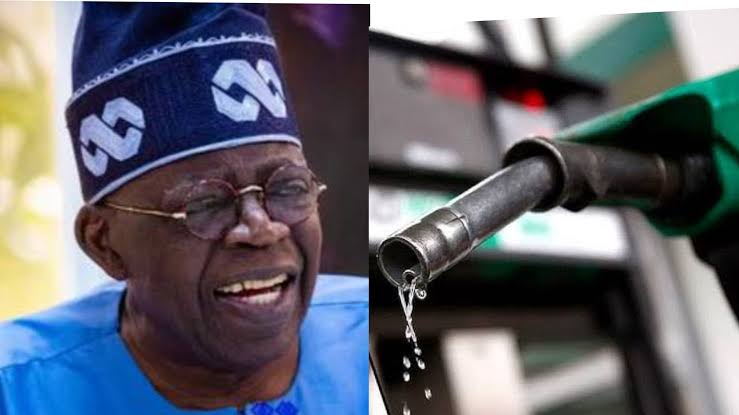Nigeria has witnessed a staggering 92% decline in daily petrol consumption, a shift occurring within just over a year of President Bola Tinubu’s administration. This drastic drop, reported by the Nigerian Midstream and Downstream Product Regulatory Authority (NMDPRA), has become a significant indicator of the economic challenges facing the nation.
Consumption Plummets Amid Policy Shifts
Before President Tinubu assumed office on May 29, 2023, Nigeria’s daily petrol consumption was recorded at 60 million litres. However, as of August 20, 2024, this figure has plummeted to a mere 4.5 million litres per day. The drastic reduction is attributed to the President’s decision to eliminate petrol subsidies, a move intended to curb unsustainable fiscal spending that had reportedly consumed approximately N12 trillion over the past decade.
Scarcity and Uneven Distribution
The reduction in consumption is not solely due to decreased demand but also reflects widespread scarcity. The NMDPRA’s Daily Truck Out Report revealed that only 16 out of Nigeria’s 36 states received petrol allocations from the Nigerian National Petroleum Company Limited (NNPCL) in August. This uneven distribution has exacerbated fuel shortages across the country, leaving many states struggling to maintain economic activities.
Among the states that received allocations, Niger State led with 21 trucks, translating to 940,000 litres daily, while Lagos and Kaduna followed with 12 trucks each. Conversely, states like Gombe, Benue, Ekiti, and Kebbi received only one truck each, highlighting the disparity in distribution.
Economic Implications and Rising Poverty
The consequence of subsidy removal has been a significant increase in fuel prices, soaring from N195 per litre to about N1300 per litre. This surge contributed to an inflation spike, reaching a near three-decade high of 34.19% in June 2024 before slightly easing to 32.7% in September. The spiraling cost of living has plunged approximately 129 million Nigerians into poverty, according to the World Bank, marking a sharp rise from 40.1% living below the poverty line in 2018 to 56% in 2024.
The World Bank report underscores the impact of Nigeria’s sluggish economic growth, compounded by inflation and a growing population, which has left millions more in poverty since 2018.
Shift in Consumer Behavior
The economic strain has led many Nigerians to abandon private car usage due to prohibitive fuel costs. Affected citizens are increasingly relying on public transportation, as highlighted by a report from AFP. The report includes testimonies from citizens like Emmanuel, a 72-year-old retired health worker, who has opted for public transport over private car use.
Additionally, car dealers in major cities such as Lagos and Abuja report a decline in demand for fuel-intensive vehicles, including SUVs and cars with large engines. “People are actually selling their big cars these days,” said Maji Abubakar, a car dealer in Abuja, reflecting on the shifting consumer preferences driven by economic necessity.
The government’s policy changes, while intended to stabilize the economy, have resulted in significant hardship for many Nigerians. As the nation grapples with these challenges, the coming months will be crucial in determining the long-term impact of these economic shifts.


